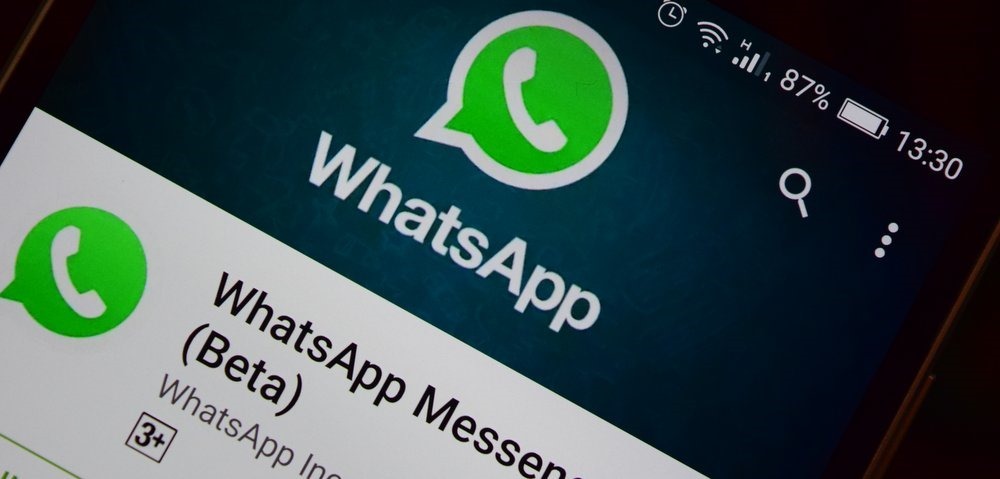Whatsapp Group Admin Cannot Be Held Responsible For Defamatory Content: Delhi High Court

Last year, social media was rattled by the news of arrest of a Whatsapp Group admin, due to controversial content posted by the members of that group.
The incident happened in Latur, but its ripples were felt all over the country because it made the task of administrating a Whatsapp group (or a Telegram, Facebook group) highly risky. After all, no matter how hard the admins try, they cannot ‘control’ the flow of content.
In a major decision by Delhi Court today, admins of such social media groups have been provided relief from such unnecessary legal action due to content posted by others. In the ruling, Delhi HC made it clear that the admins of Whatsapp group cannot be held responsible for any defamatory text or controversial content posted by its members.
This means that police can no longer arrest admins of such groups now.
The Case Which Triggered This Ruling
The case was related to the admin of a Whatsapp group, Vishal Dubey.
The group was created by disgruntled homeowners (who had formed an association) of a real estate company, who felt cheated and deceived due to non-delivery of their flats in Gurugram (formerly Gurgaon), and continuous delay and excuses from the promoters of the company.
Now, a person named Ashish Bhalla was the point of contact of the real estate firm, the one who dealt with their customers. After a while, the anger of the Whatsapp members was directed towards Ashish, with several abuses and derogatory remarks posted against him.
Meanwhile, Ashish had left that real estate company, but still was getting hate messages from the Whatsapp community.
Ashish Bhalla filed a defamation case against the Whatsapp Group, naming the Admin Vishal Dubey as a party of the case. The case was also filed against the home-owners association, which was later withdrawn.
Observations Of The Court
The single-judge bench of Justice Rajiv Sahai Endlaw observed: “I am unable to understand as to how the administrator of a group can be held liable for defamation, even if any, by the statements made by a member of the group.”
In fact, the Judge compared this case with a newspaper: Can the owner of the newspaper be held responsible for any defamatory statement issued by another person, which is printed on that newspaper?
Judge Rajiv Sahai Endlaw also made it clear that whenever a group on social media platforms the created, its content cannot be monitored and checked, simply because of sheer volume of the content.
He said, “When an online platform is created, the creator thereof cannot expect any of the members thereof to indulge in defamation, and defamatory statements made by any member of the group cannot make the administrator liable,”
In the earlier Latur case, the admin of the Whatsapp group was arrested under Sections 153 of the IPC (promoting enmity and ill will), section 34 and section 67 of IT Act, 2000; something which won’t be possible now, after the Delhi Court ruling.
Here is the ruling by Justice Rajiv Sahai Endlaw. (Source: LiveLaw.in)
Do you think this is a welcome respite for Whatsapp admins from legal complexities? Or there should be a monitoring rule to check defamation on online platforms, which can destroy the reputation of a person? Do let us know by commenting right here!
